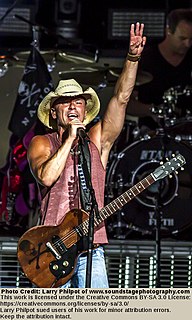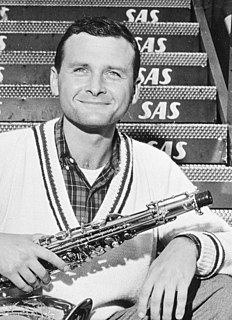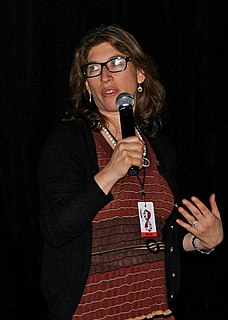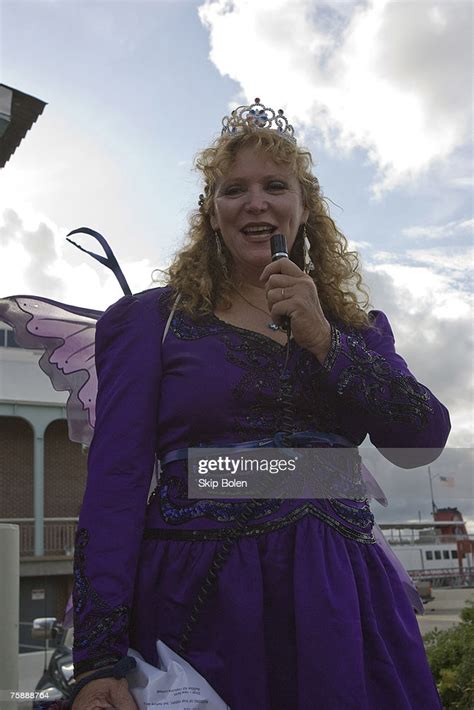A Quote by Tom Petty
When I decided to be a musician I reckoned that that was going to be the way of less profit, less money. I was sort of giving up the idea of making a lot of money. It was what I loved to do. I would have done it anyway. If I'd had to work at Taco Bell I'd have still been out at night trying to play music.
Related Quotes
To walk in money through the night crowd, protected by money, lulled by money, dulled by money, the crowd itself a money, the breath money, no least single object anywhere that is not money. Money, money everywhere and still not enough! And then no money, or a little money, or less money, or more money but money always money. and if you have money, or you don't have money, it is the money that counts, and money makes money, but what makes money make money?
When I started playing music at East Tennessee State University I would sit on a stool with a tip jar in front of me and play four hours a night at a college bar called Quarterback's Barbecue. I wasn't thinking about doing it for a living. I was just making enough money to go to Taco Bell every day. People were eating chips, drinking beer and not listening to me. I'd had three or four years of people ignoring me, and I'd kind of gotten used to it.
When I got this saxophone, it became a religion. There wasn't TV, there wasn't much money, and there was just a real dedication.... I never thought of it as an art. It was just work that I loved. Not just work, but work that I loved. I loved it so much, I would play it if nobody listened to it. Any jazz musician, if there's nobody around to listen, would play just for the sheer joy of improvising music.
I do talk and think a lot about the legacy before me. I feel like if I didn't know that people had been in Montgomery sixty years ago trying to do similar things that I'm trying to do, with a lot less, with fewer resources, with less security, with less encouragement, with less opportunity - if I didn't know that, then I think doing what I do would be much, much harder.
I see that things are getting made a lot faster for less money and there are a lot less opportunity, I think, for actors. There's not a lot of work in the U.K. I mean, that's why everyone's moving to America because that's where the work seems to be. But it definitely feels like a lot more of a slog to get a gig these days. I suppose that's a lot to do with our current climate and financial messes. I certainly see that people seem to have to work harder with a lot less time.
Hip-hop has been so important in my work, because it speaks to the idea of money being tied to cultural capital in an honest and transparent way. When I was growing up in LA, money was equivalent to class, and it was a passport. Hip-hop emphasizes that, but Hollywood and show business bear it out. If you have money, there really is no barrier to social mobility. There are still social clubs in Newport where you can't get in even if you have money, but that is really rare.
I decided that the whole idea of what it means to be an artist was that somehow you are ontologically oriented toward poverty : "As an artist, you don't make money." I had to figure out some kind of way to guarantee that I'd be able to continue doing the work that I wanted to do, whether I made money from the work I was doing or not.
We had made a - sort of a national decision that we wanted to be this intellectual property country, where we would have things manufactured in China, but we would do the design, we would do the creative stuff.And now what we have done is, we have forgotten that that's what we wanted, and we're making the intellectual stuff more and more free. And, so, we're sort of left with less and less.


































